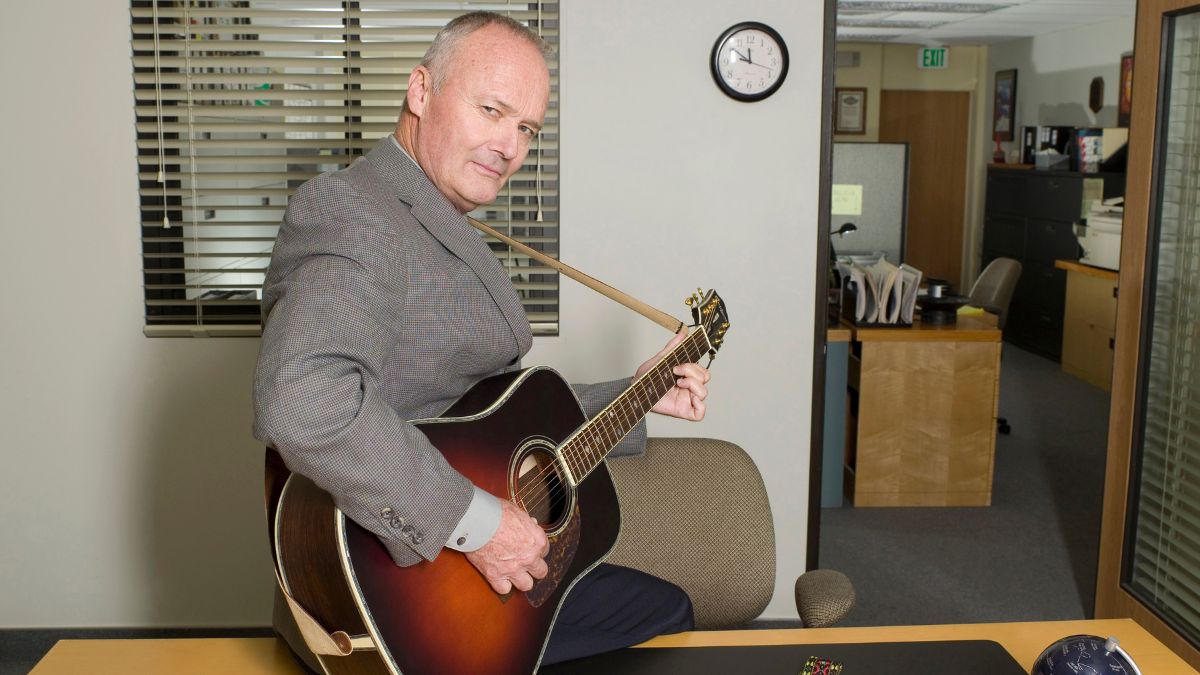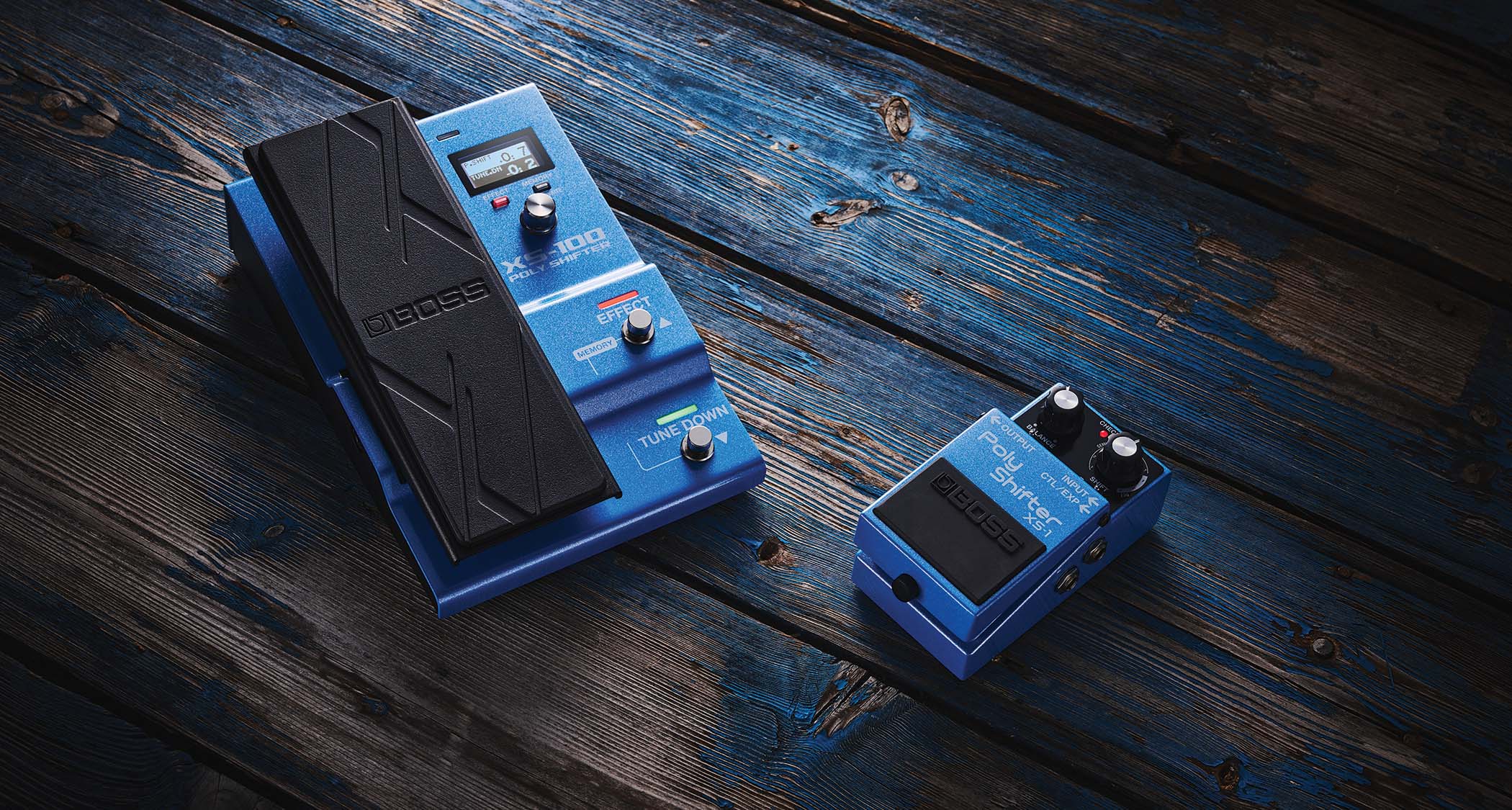“I had no idea you could get a sound like that”: The player that almost convinced The Office star Creed Bratton to give up guitar altogether
Away from his starring role in The Office, Bratton is an accomplished guitarist – but one blues icon almost made him rethink his relationship with the instrument

As fans of The Office know, Creed Bratton is many things, a very strange co-worker and quite possibly the Scranton Strangler among them. But did you know he’s also an accomplished electric guitar player?
He enjoyed a journeyman career before turning to acting – but says watching Eric Clapton nearly ended his affinity with the instrument.
Born William Charles Schneider, Bratton adopted the name that he’d later share with his Office character after a musical excursion through Europe, Africa, and the Middle East in his younger days.
He’d go on to play a key role in the peak years of the band, The Grass Roots, enjoying moderate success with the folk/psych rock group in the late ’60s and early ’70s.
Acting ultimately proved his calling, and Bratton’s oddball Office character took great inspiration from the musician’s real-life experiences. Catching a glimpse of Clapton up close, however, left him feeling wholly inadequate.
The band were trailblazers, taking cues from British R&B and soul music and blending it with folk rock and the bombast of a brass section, just as Chicago started to nurture a similar concept. That saw them stick their heads above the parapet of their peers, but much of their writing began to be augmented by Dunhill Records staff known as the Wrecking Crew.
Speaking of the band's highs and lows in the new issue of Guitar World, Bratton says having outside help was not a deal breaker for him.
All the latest guitar news, interviews, lessons, reviews, deals and more, direct to your inbox!
“I always felt as if there was this energy moving me along through life,” he believes. “It got me through school. Somehow this band thing came together. Things just appeared in my life. Whether it's optimism or spiritual lunacy, I always felt like I've been watched over. My attitude was, ‘This is supposed to happen right now,’ so I took my settlement.”
Bratton traveled through Europe with his wife and young daughter, and it provided two seismic shifts when it came to his perception of the guitar.
“I wrote songs over there. I got to meet people like Bert Jansch and John Renbourn,” he recalls. “Talk about an epiphany. Seeing Bert Jansch play. I was strumming with a pick, but seeing him play all over the neck with his fingers; that was a paradigm shift for me. Alternate tunings? I was gobsmacked. It changed my songwriting and my approach to playing the guitar.”
As for Slowhand: “I saw Eric Clapton in ’65. Ridiculous. I had no idea you could get a sound like that out of a guitar. I almost threw my guitar away!”
Thankfully, Bratton fought off the negative voices in his head and stuck with the instrument. He released his latest solo album, Tao Pop, last year, and it’s a record full of shimmering guitar tones, with the feel-good aesthetics of The Grass Roots lacquered with a modern pop rock sensibility.
There are some neat guitar solos too – Tall Grass' short and sweet spot has more than a whiff of Clapton to it.
His life may have been very different otherwise, but it shows the impact that Clapton had on so many players – established or otherwise – during the ’60s and ’70s. Through his work in the Bluesbreakers, Yardbirds, Cream, or as a solo artist, he left a trail of awe behind him.
Joe Bonamassa is one such player who puts Clapton’s playing in the upper echelons of guitar greats. Of his favorite player, he says, “The playing is fiery, the lines are emotionally powerful and the melodic ideas and phrasing are perfect.”
Read Creed Bratton’s full interview with Guitar World in the new issue, which also features an exhaustive preview of Black Sabbath’s final show with words from its key players, and plenty more.
Pick up physical and digital issues from Magazines Direct.
A freelance writer with a penchant for music that gets weird, Phil is a regular contributor to Prog, Guitar World, and Total Guitar magazines and is especially keen on shining a light on unknown artists. Outside of the journalism realm, you can find him writing angular riffs in progressive metal band, Prognosis, in which he slings an 8-string Strandberg Boden Original, churning that low string through a variety of tunings. He's also a published author and is currently penning his debut novel which chucks fantasy, mythology and humanity into a great big melting pot.
You must confirm your public display name before commenting
Please logout and then login again, you will then be prompted to enter your display name.



